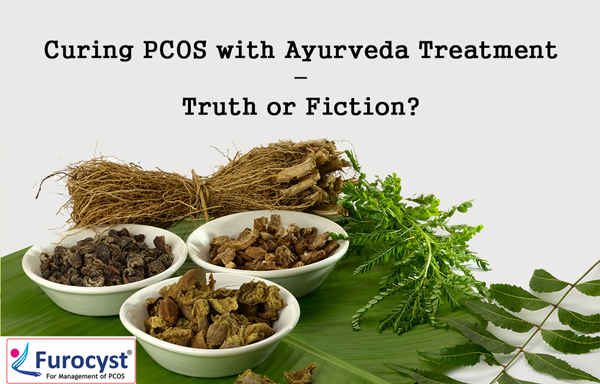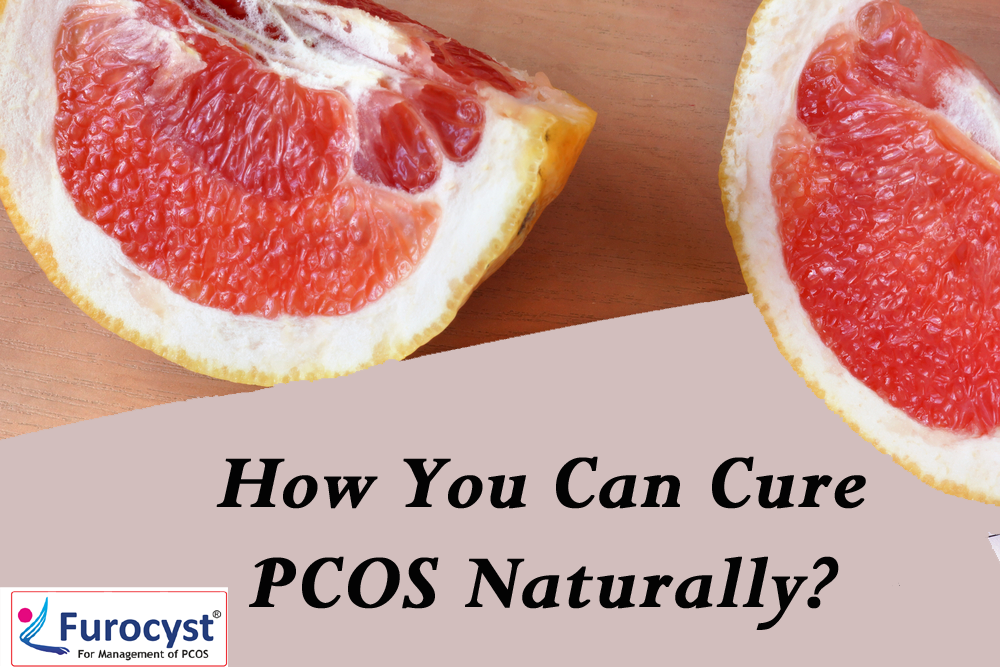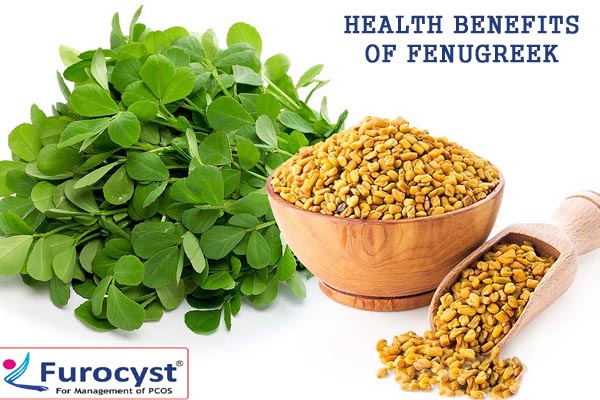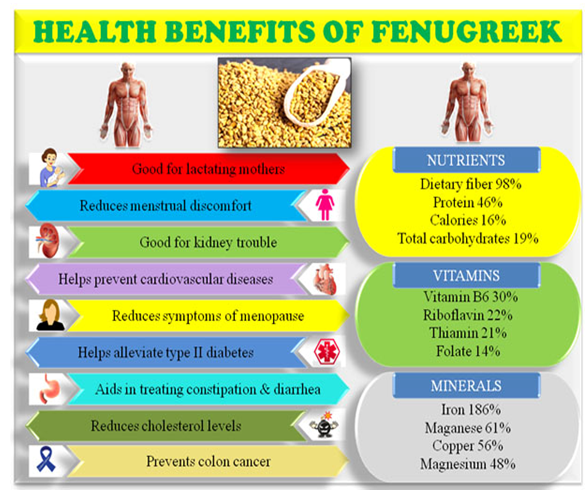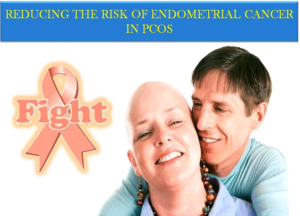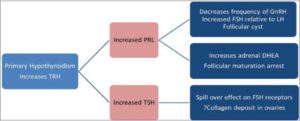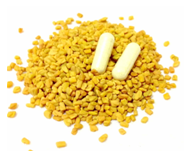[vc_row][vc_column][vc_column_text]PCOS is the most common hormonal problem in women which results in weight issues and obesity, leading to higher risk of heart disease, diabetes, sleep apnea, and uterine cancer. While PCOS leads to serious health issues, triggered PCOS belly fat is a big concern for young women.
Many researchers and dieticians have suggested that PCOS is a unique health condition which requires a unique approach towards your lifestyle and eating habits to achieve sustainable weight loss. But, before we look into how to get rid of PCOS belly fat, here are some causes which cause belly fat.
To help women dealing with PCOS belly fat, Furocyst brings for your best tips and ideas. Below are the same!
Balance your Omega 3 and 6 intake

You probably have read somewhere that it is important to include omega 3 fatty acids in your diet, but do you watch your omega 6 intake? Some researches show that high intake of omega 6s causes inflammation which makes harder for you to get rid of PCOS belly fat. Cutting back on processed foods, whole-grain bread, vegetable oil, and cereals will help reduce omega 6s intake. Eat more flaxseeds, oysters, fish, chai seeds to increase your Omega 3 intake.
Exercise to improve insulin sensitivity

Doing exercise regularly can make your cells more receptive to insulin. A small workout can improve your insulin sensitivity for up to 16 hours after exercise. As a result, losing weight reverses insulin resistance. If not complex exercises, walking for 30-40 minutes in a day can be beneficial too.
Reduce your carbohydrate intake
Do you know that high carb intake can worsen insulin resistance? Yes, it does! In fact, it also increases your total daily calorie intake. Replace high-carb foods with high-fiber foods. Eliminate cookies, cakes, sodas, candies from your diet and include more of veggies, brown rice, fruits, legumes, oats, whole grains, and low-carb snacks to fight PCOS belly & get slim.
Increase intake of water-rich foods

Eating foods with high water content can keep hunger at bay and also controls your appetite. In the Japanese study, researchers have found that 1,136 women reduced their waist circumferences when they increased water intake from foods. Foods like celery, strawberries, watermelon, cantaloupe, green peppers, pineapples, oranges, and veggies have can keep you full because of their high-water content.
Manage your stress

Stress raises your cortisol levels, which leads to increased belly fat. Regular meditation, yoga, deep belly breathing can help in relieving stress. Also get 7-8 hours of sleep every night to help reduce stress and deal with your PCOS triggered belly fat in the right manner.
Above are the best tips and ideas to deal with PCOS triggered belly fat. In case you are wondering why does PCOS causes belly fat, then, below are the reasons:
Why does PCOS cause belly fat?
PCOS causes insulin resistance
Research shows that about 80% of women with PCOS have insulin resistance which further causes weight gain. Additionally, it increases hunger and cravings.
PCOS increases male hormones
Women having PCOS have increased the level of male hormones. The high hormone levels can make you develop male fat-gaining patterns such as excess belly fat. This is the reason that many women also develop other traits such as facial hair.
PCOS may cause cortisol belly fat
According to the studies, high cortisol levels increase abdominal fat in women. There are chances that your body has high blood sugar levels due to insulin resistance.

Put all these PCOS belly fat insight together and give your health the importance it deserves to lose weight and keep it off despite all that PCOS throws at you.
In multiple studies, Furocyst has been clinically proven to generate huge benefits for PCOS patients. A Halal and Kosher certified medication, it is a single herb product extracted from Fenugreek seeds and has been proven safe and effective for treating PCOS.
Learn more about Furocyst and prepare yourself better to deal with PCOS.
[/vc_column_text][/vc_column][/vc_row]

